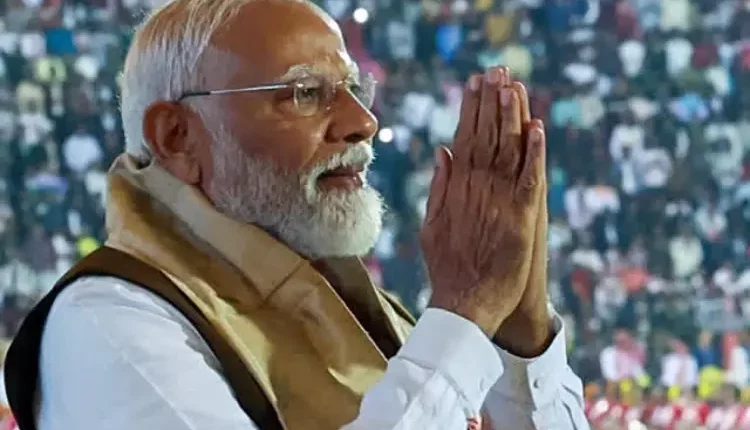New Delhi: The political party Janata Dal (United) (JDU) supports the current government’s plan for conducting a census based on caste categories during times of elevated India-Pakistan tensions triggered by the Pahalgam terror event on April 22, 2025, which took 26 lives. On April 30, 2025, the senior JDU leader Rajeev Ranjan Prasad spoke in favour of the census initiative alongside declaring India would provide a decisive reply to Pakistan concerning the alleged attack involvement.
JDU’s Stance on Caste Census
Prasad endorsed the cabinet’s decision to implement caste enumeration in the national census while highlighting it as a fulfilment of Bihar Chief Minister Nitish Kumar’s constant petition to the government. Bihar Chief Minister Nitish Kumar delivered what he previously promised to the citizens. According to Prasad, the leader demonstrated that accountable governance provides basic foundations for administration through his pioneering caste survey in Bihar, which set the standard for the country. The decision which began as part of a BJP-JDU coalition in Bihar now demonstrates India’s dedication to welfare for all citizens. Prime Minister Narendra Modi and RSS chief Mohan Bhagwat held a rare meeting that prompted this major policy move because the RSS had initially rejected caste-based enumeration but agreed to it in 2024.
Strong Message on Pahalgam Attack
The head of the ministry emphasised that India would never allow innocent deaths in the Pahalgam attack by The Resistance Front to be forgotten. The sacrifice of innocent people in Pahalgam will permanently weaken the enemy forces. During his Patna press meeting, he noted that India’s diplomatic choices have led the world to form a unified front against terrorism. During his press interview in Patna, he emphasised that Prime Minister Modi had met top security advisors and military leaders to receive complete authorisation for executing counterterrorism operations. According to Prasad, Pakistan will face strong repercussions along with the death toll that makes the attack the most lethal in Jammu and Kashmir after the 2019 Pulwama bombing.
Political Context and Timing
The decision to introduce a caste census occurs during a delicate political situation because elections in Bihar draw near while India keeps increasing pressure on Pakistan through the cancellations of the Indus Water Treaty and the restriction of Attari-Wagah border access. JDU implements this dual approach between advancing internal policy benefits while maintaining strict positions regarding national defence. Manoj Jha of RJD declared that the census established victory for oppressed populations, although Pawan Khera from Congress embraced suspicion about whether this move functioned as headline management for the Pahalgam crisis. According to Vanchit Bahujan Aghadi leader Prakash Ambedkar, the government’s objectives for the census came under scrutiny due to the postponement of the report that originally had to be released in 2021.
Regional and International Ramifications
The Pahalgam attack caused major public anger, which led India to reduce its diplomatic relations with Pakistan and send Pakistani nationals back to their country. The Pakistani denial of responsibility for Pahalgam alongside the military warning about strategic retaliations has produced severe damage to bilateral relations. The dual priority of social policy alongside national security by the central government obtains support through JDU’s endorsement of caste census and forceful Pakistan statements. The current challenging times in India are demonstrated by Prasad’s remarks, which demonstrate both political unity against terror acts and acknowledge Bihar’s leading role in class-based census reform.



Comments are closed.